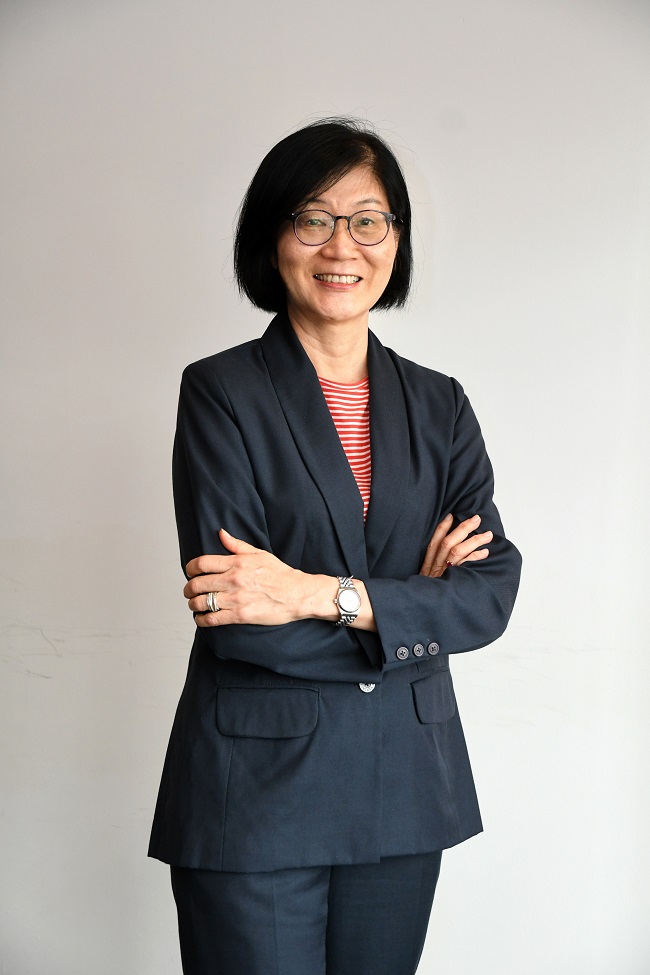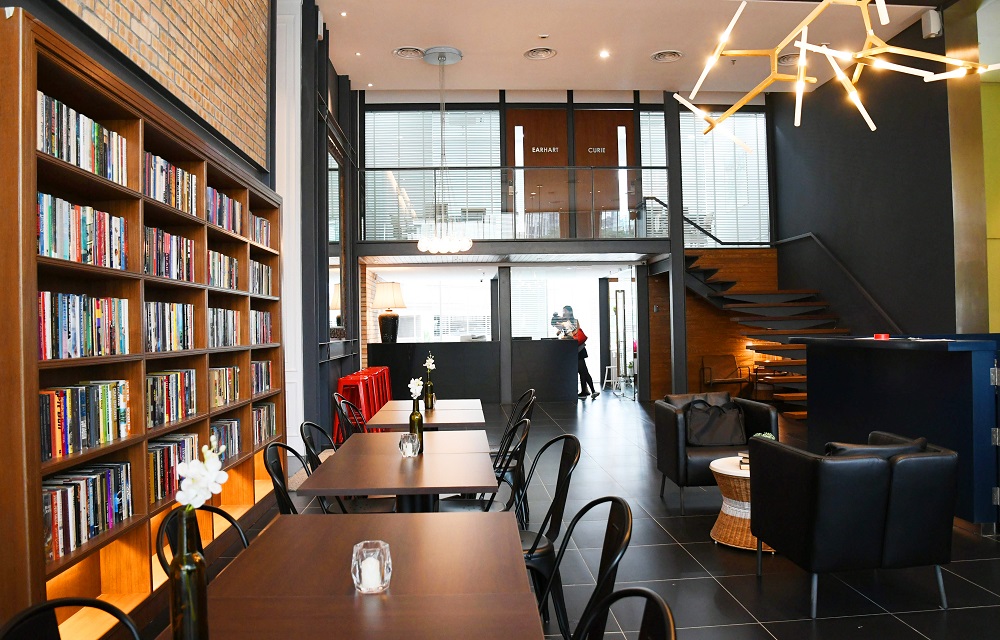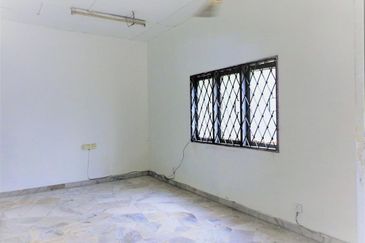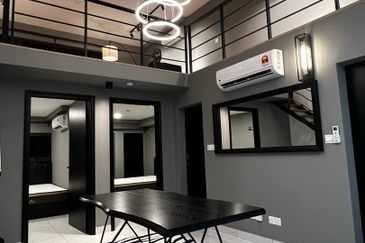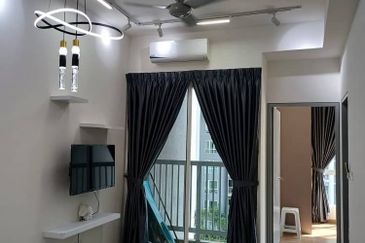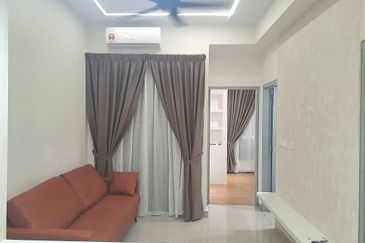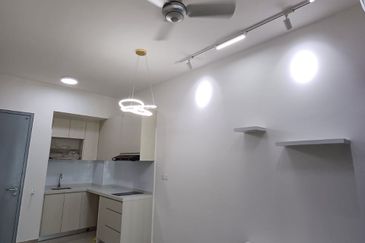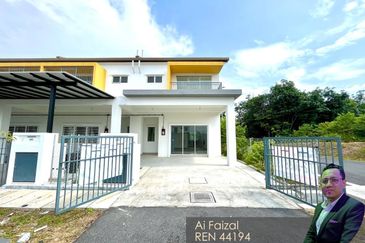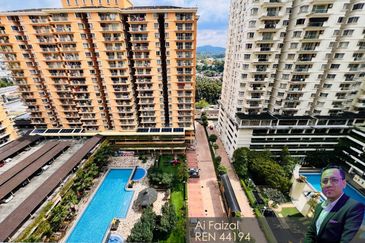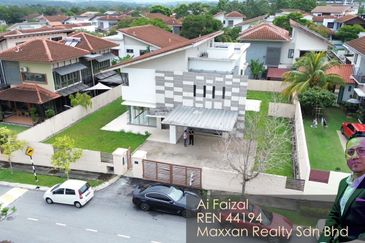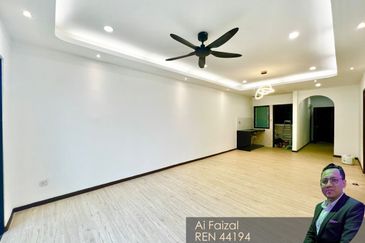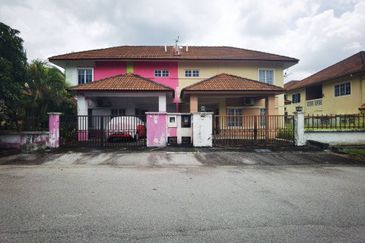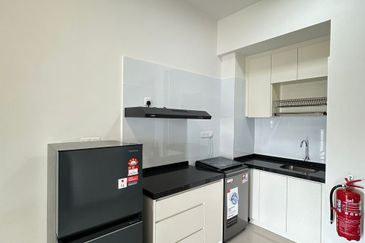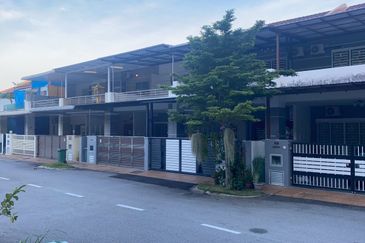
The demand for flexible work time and spaces from large corporations or smaller start-ups had emerged strongly in recent times with co-working spaces mushrooming in Malaysia.
However, the Covid-19 outbreak in Malaysia since early 2020 which put the country in almost a complete lockdown during the Movement Control Order (MCO) from March 18 to May 4 before easing into a Conditional MCO (CMCO) until June 10 has dampened even this new office space segment — the one bright spark in the office property sector downturn.
“The flexible office operators have been experiencing demand shock owing to travel restrictions and lockdowns in major cities around the world amid the Covid-19 outbreak. In the near term, social distancing may increase vacancy risk in collaborative spaces, such as hot desks and dedicated desks,” says country head of JLL Property Services (M) Sdn Bhd Y Y Lau.
Opening of new spaces has also been delayed while some operators are giving discounts to secure tenants, she says.
Malaysian luxury co-working space Colony founder Timothy Tiah tells EdgeProp.my that the company started feeling the impact of Covid-19 in February as unlike most co-working spaces, events accounted for one third of its overall revenue.
“Events revenue dropped by 50% in February from January and in April we recorded zero revenue.
“My worry is that I don’t know when the events revenue will return now with social distancing and a ban on large events still in place,” he says.
Office revenue however, is holding up a bit better. “We’re fortunate that because of our higher-end products, (compared with others) many of our tenants tend to be more stable. But as the economy worsens, we worry that it might also affect even our most stable tenants,” Tiah shares, adding that only 5% of its tenants are on a month-to-month contract.
With revenues fast declining, Colony responded by cost cutting.
“Colony is known for its quality and hospitality. Our teams are empowered with budgets to spend on our guests be it buying them a travel adapter if they need one, to buying takeaway dinner for them if they’re working late. We protected these budgets because we knew if we started to compromise the quality of our product, we will end up in a downward spiral.
“We empathised with our guests. We knew that they too would feel the brunt of this economic impact and may run into some cashflow issues so we made a decision to extend payment terms for all our guests by almost a month,” says Tiah.
Colony also came up with a scheme that offered to pre-pay vendors three to six months in advance if they could offer a discount.
International player WeWork which has co-work spaces in two locations in Kuala Lumpur tells EdgeProp.my that overall operations have to be streamlined to prioritise the health and safety of members and employees.
WeWork’s Southeast Asia head of growth Ray Tan says the pandemic has inspired the team to think out of the box to continue its engagement with members and potential leads, such as the recent launch of the ‘Inside the Spaces’ virtual tour for potential leads to view WeWork spaces. Webinars and sessions with business leaders and members are also organised to ensure ongoing engagements and exchange of ideas.
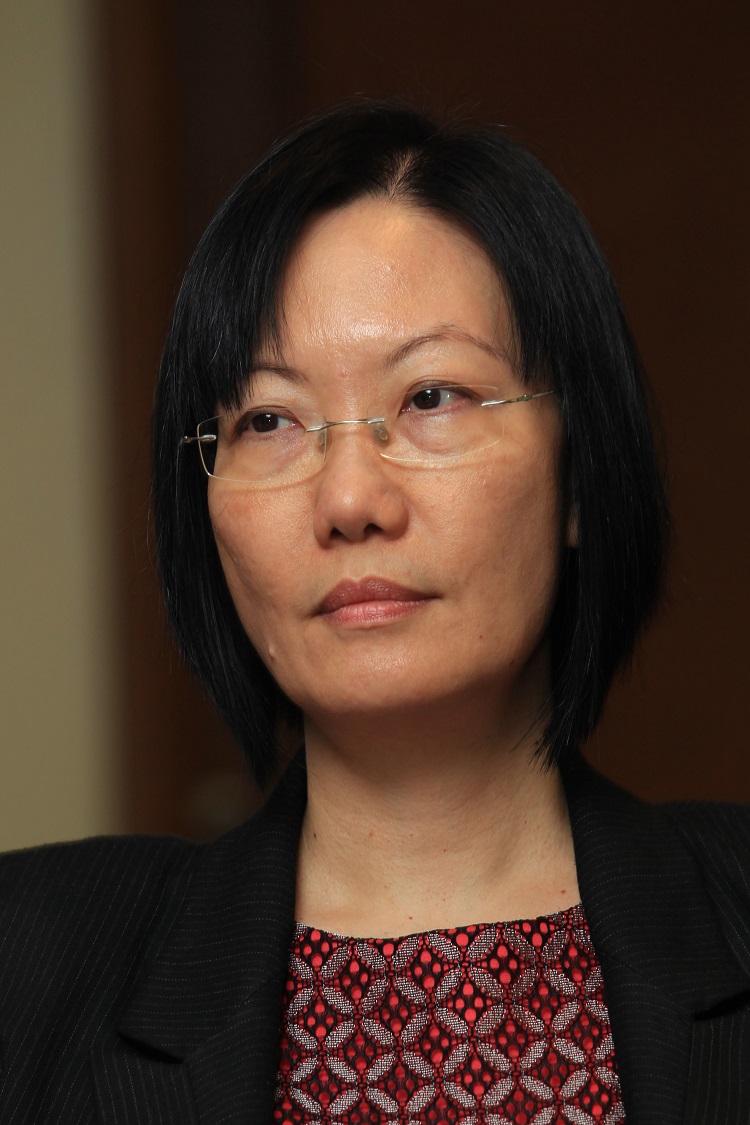
“Unknown to many, WeWork came into existence in the midst of the global economic crisis about 10 years ago and space-as-a-service has seen continued demand over the years and even more so during challenging times.
“Covid-19 has highlighted the need for a rapid response to an evolving reality, and the situation has highlighted how doing so goes beyond immediate and short-term reaction and management but also learning and readjusting for the future,” says Tan.
Increased interest post MCO
The good news is, JLL Property Services director of research and consultancy Veena Loh is confident that current challenges faced by co-working spaces are merely temporary and the future outlook for co-working spaces remains strong.
“Besides the virus pandemic, other challenges (to the development of co-working space) include traditional preferences by some companies on having private workspace and more control of the space they lease. However, this preference has been slowly decreasing over the years,” Loh notes.
Despite current travel bans and restricted movements of international clients who form a portion of tenants in high-end flexible spaces, these restrictions in Malaysia and other countries are starting to be eased and will eventually be completely lifted.
“In fact, during the MCO and post-MCO, many companies have reached out to flexible space operators, showing interest in temporary office spaces as part of their business continuity plans (BCP).
“BCP requires the organisation to put in place a contingency plan where the business can still continue despite any unforeseen situations including splitting the work force into groups. Thus, flexible but fitted office spaces offering business-ready workspaces enable their tenants to do this and focus on their BCP,” says Loh.
JLL’s Lau adds that BCP also requires flexibility in using the workspace. For instance, the typical leasing term with flexible space is shorter compared with its traditional counterpart, thus allowing business agility for tenants.
“Of course, for multi-national corporations, BCP is not a new concept but in such uncertain times, we see smaller entities (SMEs and micro entrepreneurs) realise the need of having a proper BCP for their sustainability. Thus, in addition to MNCs, more SMEs are expected to consider flexible spaces as part of their BCP,” she says.
Moving forward
In the medium-term, flexible space operators are expected to go through a shakeout stage in their business life cycle after their rapid expansion over the last three years, says Lau.
Lau urges flexible space operators to maintain their sustainability and they will need to continue observing the market and its preferences.
“The ever-changing market trend and demand should be accommodated in order to stay relevant. With increasing demand and thus increasing supply, operators will also need to ensure they offer competitive rates and attractive services and facilities.
“Anticipating a new-norm, some operators may also take pivotal business decisions such as choosing alternative locations. Mobile working or working from home may continue to some extent within some companies, and it will surely change work cultures. Thus, for example, more flexible space may be opened around residential areas rather than in urban centers,” Lau shares.
Meanwhile, Loh believes that while more people may work from home going forward, there will still be healthy demand for flexible and co-work spaces due to the inadequacy of facilities and unsuitability of working in their homes.
During the CMCO period when more businesses were allowed to resume operations, Colony has also seen a surge in interest for its workspaces. “Some of the interest came from corporations that are looking to move from their traditional office spaces. However, they’re all at the lead stage, haven’t really converted to actual deals yet,” Tiah shares, adding that most of them are new requests. He adds that it will take a few months to know the conversion rate to actual sales.
“While my stress levels have been elevated, I’m excited about the challenges that lie ahead. This is our chance to prove that we are a high-performance team,” he says.
“We can’t tell to what extent the pandemic would affect the industry but as long as people still need offices, they will need co-working spaces as we are a subset of the overall office market,” Tiah shares.
Rethinking the workspace
The Covid-19 pandemic has called for a rethinking and reimagining of the workspace and culture, according to WeWork’s Southeast Asia head of growth Ray Tan.
As more businesses resume operations, companies will be looking for ways to both help their employees manage the crisis and transition into the recovery, in addition to future-proofing their work environment, he notes.
“From a workforce allocation perspective, we can expect large organisations to explore dispersed workforce — where they might consider having different functions working out of different areas and the assurance of continuity should anything happen,” Tan shares.
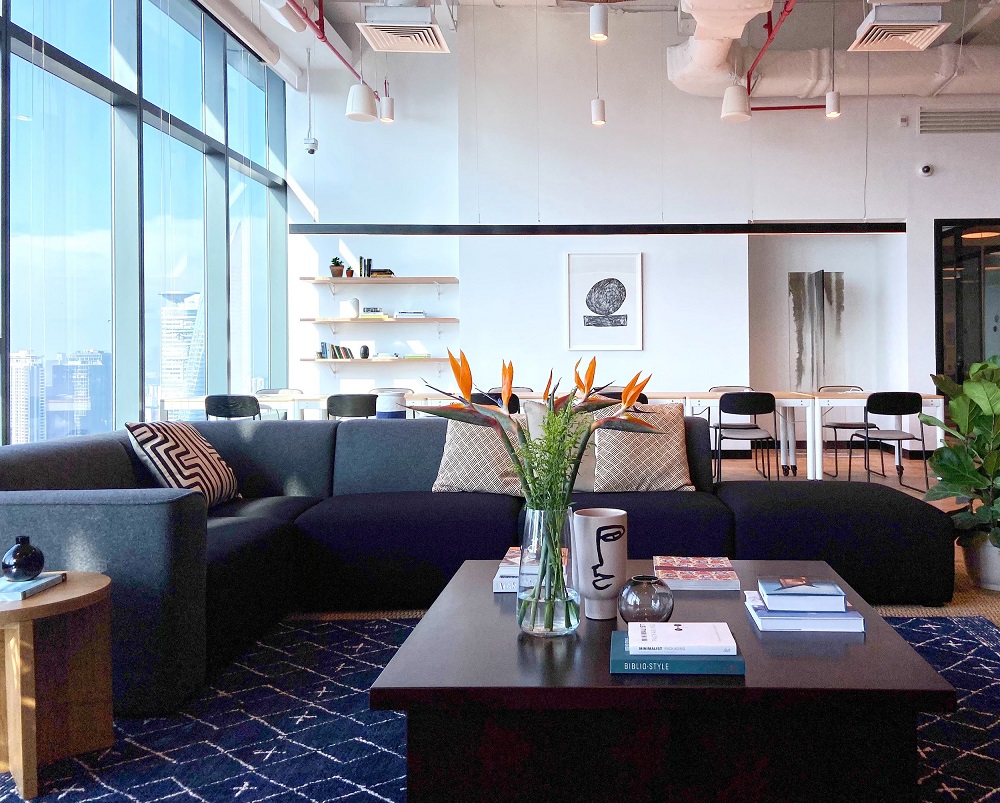
WeWork also expects companies to be more conservative while having a more comprehensive future-proofing strategy in place in a post-Covid-19 world. With tighter economic resources and support, financial commitment will have to be savvier.
“In contrast to traditional leases with huge opportunity costs, we foresee shifts towards the co-working industry as trends of greater demand for agility and flexibility, and fewer commitments on resources such as real estate and outsourcing services for cost efficiency rise. Many companies will look to a holistic space-as-a-service partner that supports them beyond just space but also the network and community to scale and grow,” says Tan.

He adds that Southeast Asia’s co-working industry has long shown significant growth potential with demand expected to rise over the next few years. Malaysia has seen strong foreign investor confidence and will continue to track strong momentum.
“We believe this trend will only continue as co-working spaces become a key recovery asset for companies facing economic challenges,” offers Tan.
Stay safe. Keep updated on the latest news at www.EdgeProp.my
This story first appeared in the EdgeProp.my e-Pub on June 12, 2020. You can access back issues here.
TOP PICKS BY EDGEPROP
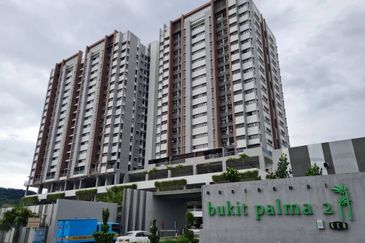
Palm Hill Residence 2 (Residensi Bukit Palma 2)
Cheras, Selangor
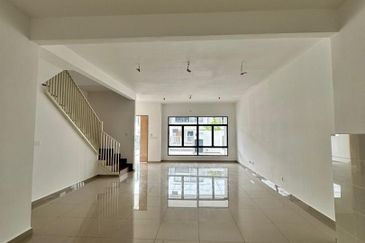
Setia Alam
Setia Alam/Alam Nusantara, Selangor
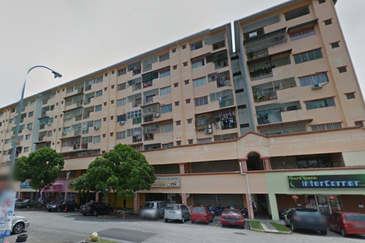
Putra Ria Apartment, Taman Pinggiran Putra
Puchong South, Selangor

